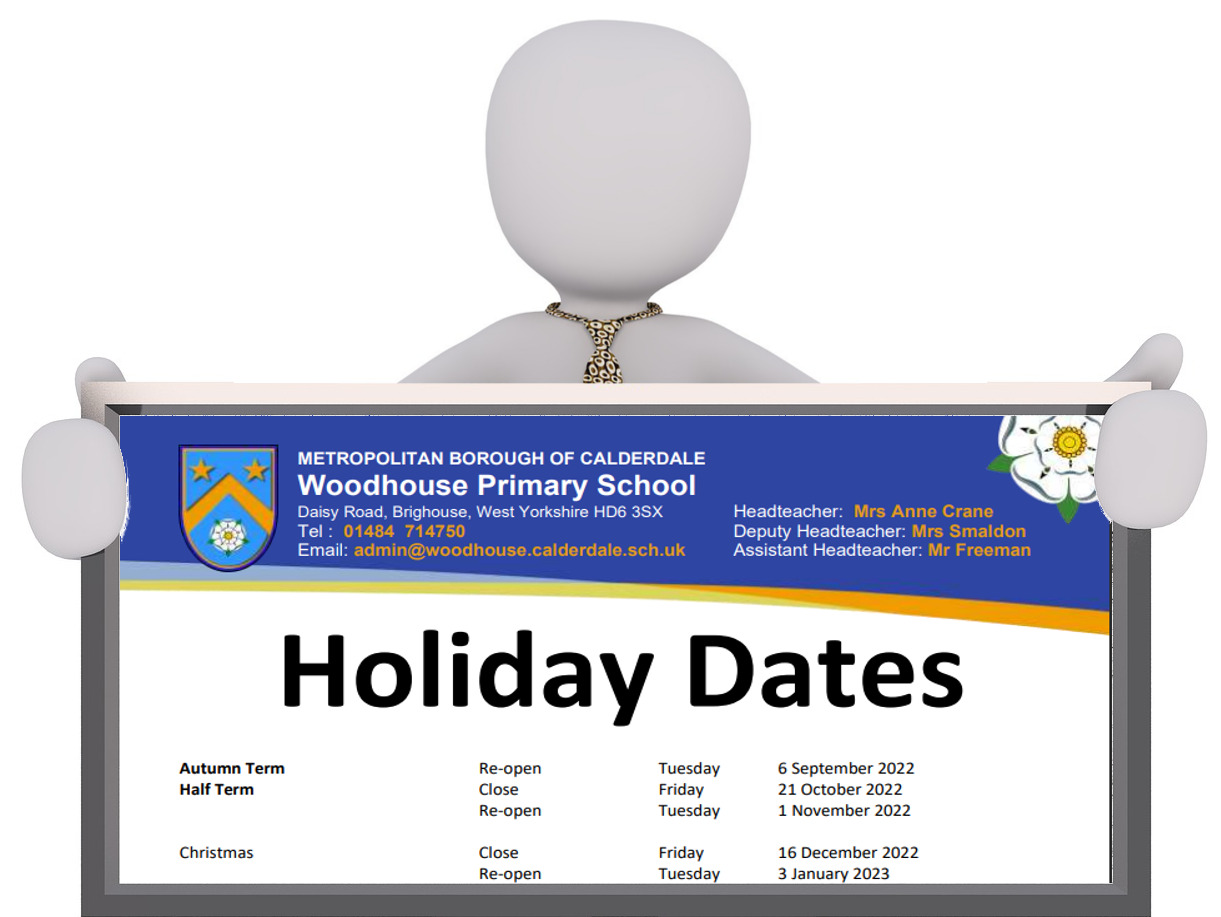Science
Science
Our curriculum for science aims to provide the foundations for understanding the natural and humanly constructed world by equipping pupils with the scientific knowledge and language required to understand the uses and implications of science today and for the future. All pupils are taught essential aspects of the knowledge, method, processes and uses of science. Pupils are encouraged to develop a sense of excitement and curiosity alongside building up a body of key foundational knowledge and concepts. As pupils move through the school, they are taught to explain what is occurring, predict how things will behave and analyse causes.
Pupils are provided with a wealth of experience as they progress through the school which enables them to build on their knowledge, skills and understanding of scientific processes such as: questioning, observing, grouping, classifying, comparing, communicating, testing and evaluating.
In the Foundation Stage, pupils are taught science through ‘Understanding of the World.’ Pupils lead their learning by asking enquiring questions about scientific concepts and then teaching is steered to answer such questions. Through teacher led activities and provision areas, pupils are encouraged to observe and investigate giving them a strong foundation in their science journey at Woodhouse.
In Key Stage One and Two, all knowledge and skills are taught discretely with cross-curricular links as appropriate. Topics covered include: Forces and Magnets; Living things and their habitats; Earth and Space, Animals, including humans and Evolution and inheritance.
Pupils are encouraged and enabled to become confident, resilient and inquisitive learners through a variety of activities, taking part in collaborative and independent work and applying their skills to investigate ‘big questions’ about the world they live in.
In addition to Science lessons, pupils’ ‘science capital’ is developed throughout assemblies, whole school competitions and activities. At Woodhouse, pupils learn how to be responsible citizens and are enthusiastic about looking after the environment. For example, in recent years we have become passionate about recycling and minimising the use of single use plastic.
Pupils will be taught:
- To plan different types of scientific enquiry which answer relevant questions, including recognising and controlling variables where necessary
- To make systematic and careful observations
- To take accurate measurements using a range of equipment such as thermometers and data loggers
- To record data and results using: drawings, diagrams, labels, classification keys, tables, bar charts, scatter graphs, bar and line graphs
- To use test results to make predictions which may lead to further comparative and fair testing
- To identify differences, similarities and changes relating to scientific ideas and processes
- To report and present findings from enquiries
- To draw conclusions using scientific evidence
